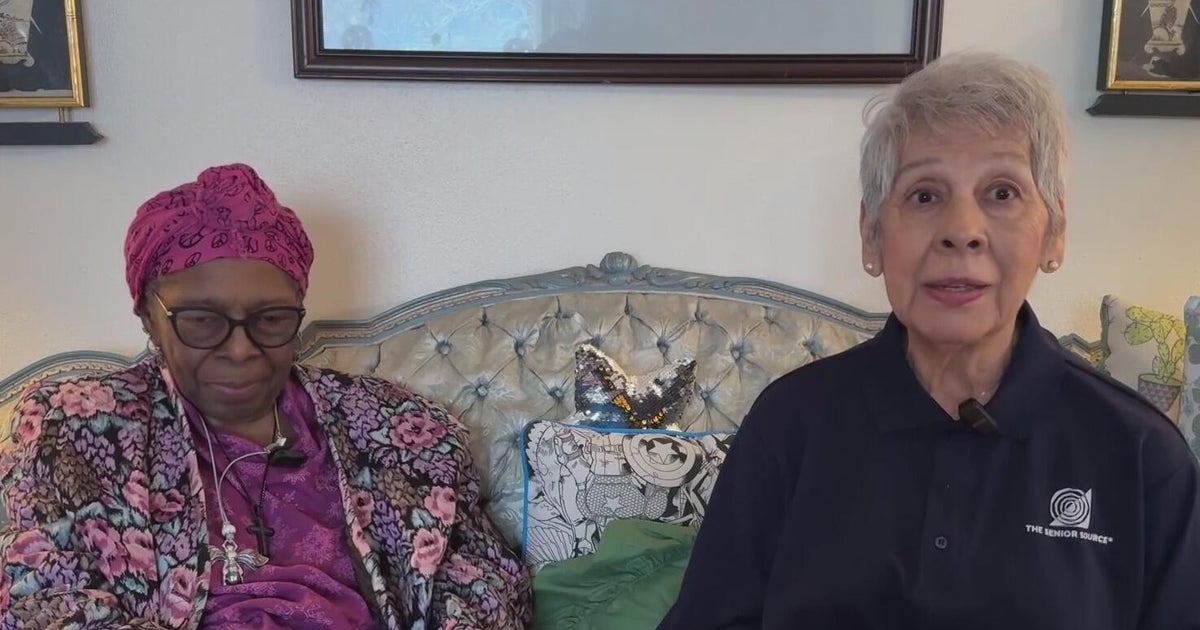Should seniors put money into a long-term CD?
Savings is important at all stages of life. Even though seniors generally have a shorter time horizon than younger savers, being smart with money that's sitting in your coffers is still important for older Americans.
One option for savings is to use a certificate of deposit (CD). CDs are similar to savings accounts in that the bank takes your money, holds onto it and pays interest in return. The key difference, though, is that when you put money into a CD, you are saying you'll keep it in the bank for a set period of time, generally between three to six months and five years. In return, you normally get higher interest rates than with a savings account.
CDs can be a good option for all types of people, including seniors. While long-term CDs may seem like too much waiting, they can actually be a useful part of an overall financial plan for a retiree.
Get started with certificates of deposit today.
Benefits of long-term CDs for seniors
If you've planned your retirement well, you should have plenty of funds set aside to last you for the rest of your life, which means some of it will just be sitting in wait for a long period of time. A lot of that may be in a 401(k), IRA or other retirement account, but some of it will likely be held in other accounts. This money could be put into a CD.
While shorter-term CDs could be an option, longer-term CDs are good for a variety of reasons. For starters, you may be able to get a higher rate than with short-term options. Long-term CDs have historically offered higher interest rates than shorter-term options, and they almost always have higher rates than savings accounts. It is worth noting, though, that as of October 16, 2023, many banks are offering better rates on shorter-term CDs. Still, when accounting for the total length and compounding interest, a long-term option could leave you with better returns.
In addition, having your money in long-term options forces you not to touch this money until the CD is completely matured. This could prevent you from making any rash money decisions.
Start the process of opening a CD online right now.
Drawbacks to consider
While a long-term CD can be a great option for seniors, there are a few things to consider. First, remember that when you put money into a CD, you can't touch it until after it has sat for the predetermined length of time. If you need to take the money out before that, it requires paying a fee. If you think you might need access to this money before the term is up, you'll have to pay a substantial fee.
The other thing to remember is that age does matter. The older you get, the less a longer-term CD makes sense. In this case, you may want to consider either a shorter-term CD or a high-yield savings account.
Start shopping for a CD today.
The bottom line
Savings is important for all ages, including for seniors. A long-term certificate of deposit is a good way to save money, especially if you are looking for a higher rate of return. The important thing to remember is that a long-term CD requires you to keep your money in the bank untouched for the life of the account. If you think you might need the money before then, a short-term CD or a high-yield savings account is likely a better option.




